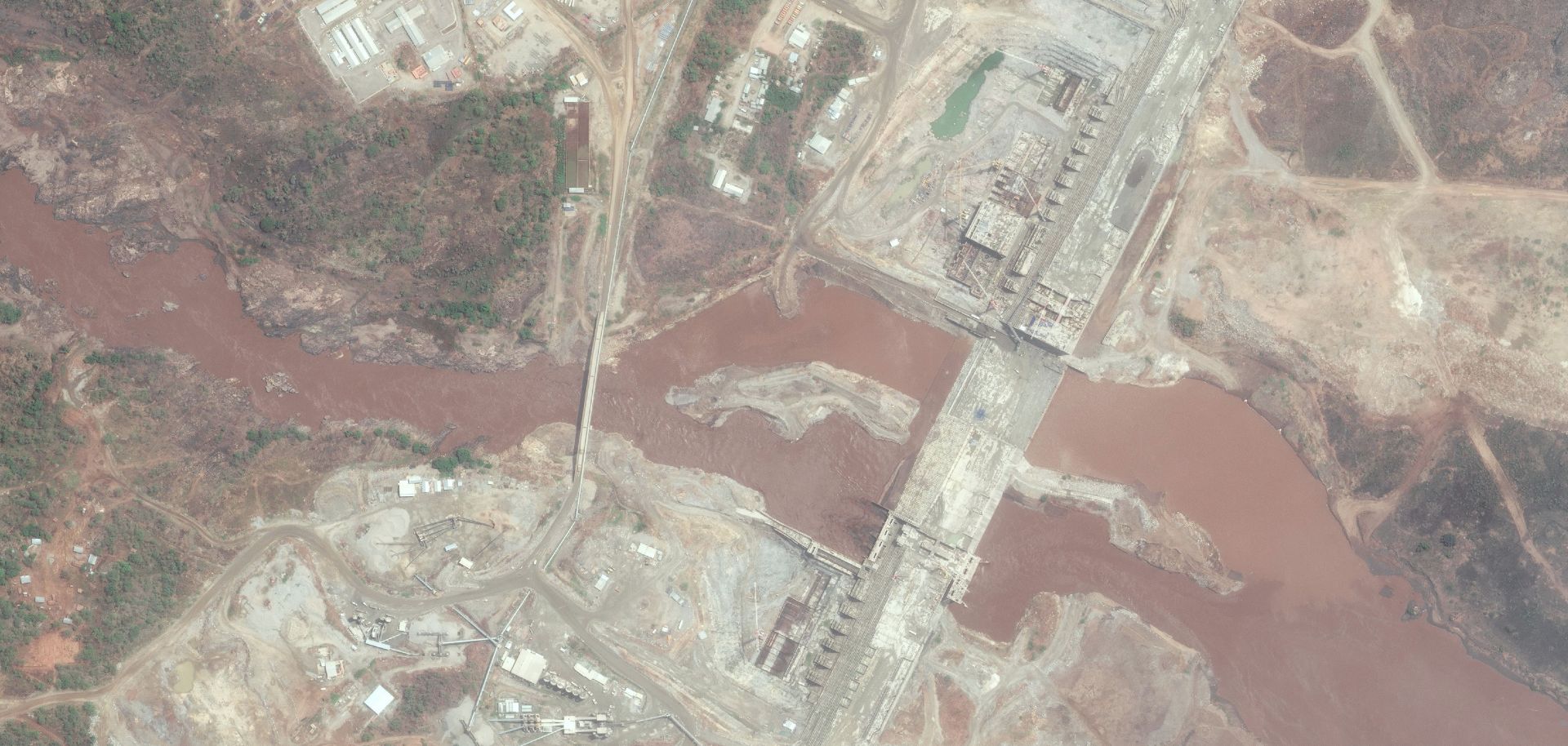
In late May, Ethiopia began diverting water from the Blue Nile River so that construction could continue on the Grand Ethiopian Renaissance Dam, a 6,000-megawatt hydroelectric plant. The Grand Renaissance dam, which will be one of the 10 largest dams in the world at its estimated completion in 2017, will stem the flow of water to downstream countries — particularly when filling the 74 billion cubic meter-reservoir after the dam is completed. While Ethiopia insists that the dam will benefit downstream countries, the fact remains that the Nile has little water to spare. Sudan is thus concerned about the project — as is Egypt, which would be particularly hard-hit by the disrupted water flow. Tensions have reached the point where Egypt has suggested the use of force to keep the dam from potentially lowering the Nile's water levels downstream to unacceptable levels.
In 1959, Sudan and Egypt signed an agreement enacting usage quotas for the Nile's water. Under the agreement, Egypt has a quota of 55.5 billion cubic meters per year and Sudan has a quota of 18.5 billion cubic meters per year. While the Nile River is the world's longest, its annual discharge — about 85 billion cubic meters — is relatively low. For comparison, the Mississippi River has an annual discharge of 500 billion cubic meters. Egypt currently consumes its entire quota of water, and by 2050 it is expected to need an additional 21 billion cubic meters to support its growing population. Although Sudan does not consume the entire amount of water allocated to it, evaporation and flow rates mean there is little water to spare. A history of tensions between Egypt and Ethiopia make a diplomatic solution doubtful. While the probability is low for outright military action between the two, Cairo could coordinate with Khartoum to pressure Addis Ababa to change its plans, though Ethiopia appears unlikely to yield on the issue at present.



